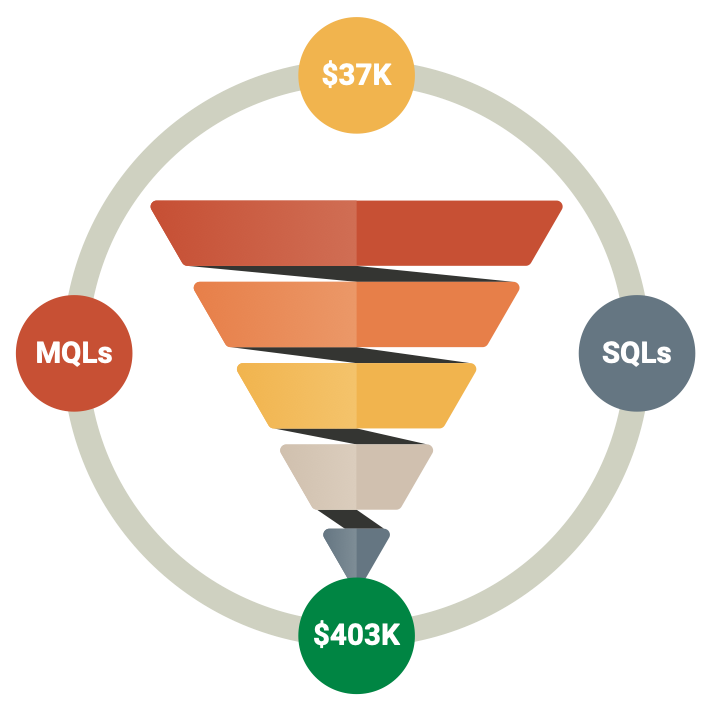Long time NetSuite customers learn really quickly that there is always a need for getting data out of their NetSuite account so it can be used downstream for other vendors, AP systems, innovative marketing automation, and other third-party systems that do things that their NetSuite just can’t do as well. And, that is okay. Even Oracle NetSuite themselves recognize this. That is why they created an API system for customers to access the data using a set of access keys they can configure securely right there in their NetSuite account.
So, Netsuite customers are left with a choice. Find a coder/developer to waste their time learning the NetSuite API’s and writing some one-off custom code to access the APIs, or seek another solution that just works right away, as a pre-built solution that plugs into NetSuite with those access credentials and already knows how to access the data to read from or write to those entities in NetSuite.
NetSuite has something called SuiteQL which is a cool way to write a query to pull data from NetSuite. It’s really cool actually since it is basically SQL.
It looks something like this per the NetSuite docs, when getting really technical and calling a query against all transactions to get the count of transactions created by a specific email account:
POST https://demo123.suitetalk.api.netsuite.com/services/rest/query/v1/suiteql?limit=10&offset=10
Prefer: transient
{
"q": "SELECT email, COUNT(*) as count FROM transaction GROUP BY email"
} While this may look boring to some people. It is fundamental to accessing data in a query structure from Netsuite.
The other option is to take the same query:
SELECT email, COUNT(*) as count FROM transaction GROUP BY email;and run that inside of DLH.io. This now enables you to have that query exported to a number of target outputs like Slack, Snowflake, BigQuery, Microsoft Teams, etc.
Without a doubt, flexibility of how you need to access your data and how you need to receive your data is critical for people who need to do any analysis or data engineering work with data.
The next time you’re trying to work with your NetSuite data, consider how you can run Netsuite SuiteQL queries and make the decision of doing it yourself and spending hours or days, or using a platform that allows you to work quickly and execute even quicker to get the data information you need when you need it where you need it.



